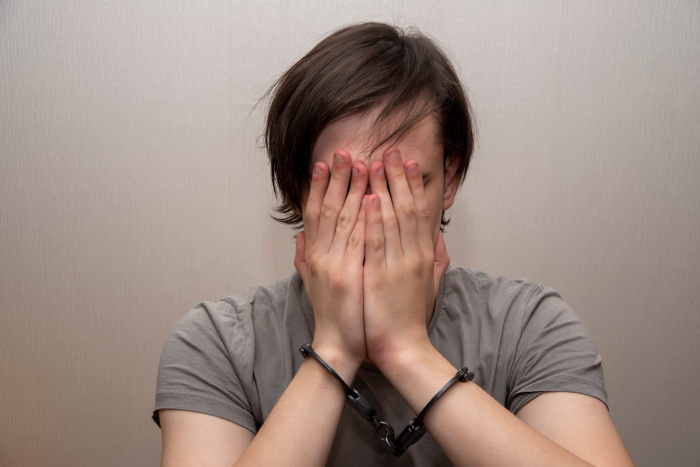Earlier this year, Louisiana lawmakers passed a law that would begin treating juvenile offenders, specifically 17 year olds, as adults in the criminal justice system. The idea behind this new law was to reduce teen violence, but nearly 70% of all the 17 year olds who have been arrested aren’t accused of violent crimes. That means law enforcement is placing teenagers in adult facilities for non-violent crimes and stripping them of their chance at rehabilitation.
How Does the New Law Impact Juvenile Offenders?
In early November, The Louisiana Senate's Judiciary C committee voted in favor of a state constitutional amendment to remove limitations on the number of crimes for which youth under the age of 17 could be sentenced as adults. This would allow law makers to begin writing new laws that would affect minors between the ages of 14 and 16 who become entangled with the criminal justice system. This new bill could potentially allow the court the ability to send minors directly into the adult criminal justice system for ANY crime.
More Severe Penalties
Law enforcement around the state support this new bill and believe that it will make a difference in the way we prosecute teens as adults. All teenagers, aged 17 and up will be prosecuted in an adult court setting, regardless of the offense. Sentences for a juvenile detention facility are typically shorter and focused less on punishment and more on rehabilitation. This is in an effort to curb recidivism rates and reduce the already over-populated adult prison systems.
Loss of Juvenile Court Protections
When sentenced in the juvenile court system, teens are expected to continue their education, while focusing on rehabilitation instead of punishment. The new bill does not take into account extenuating factors such as juvenile delinquency, undereducation, poverty, or any other factors.
These juvenile court protections are in place to do exactly that: to protect them. In most states, Louisiana included, all juvenile records are sealed and cannot be made available to others except under specific court orders. Placing teens in adult facilities would strip them of their right to sealed juvenile records.
Potential for Life-Altering Consequences
Placing non-violent teens into adult facilities could potentially affect their entire lives. As soon as a 17 year old enters the adult system, they will have an arrest record for life. Not to mention they may have trouble getting jobs, housing, and any other number of potential tragedies, just because they screwed up once as a teenager.
The Risks of Adult Court for Juveniles
While some juvenile offenses are immediately pushed to adult court, not all of them should be. In Louisiana, juvenile offenders as young as 14 can be tried as adults in specific circumstances, such as rape, armed robbery, and murder. Those violent crimes would have been pushed to adult court even before the new law. Cracking down on violent crime is necessary for our community to feel safe, but placing non-violent offenders behind bars in an attempt to curb violence is not the answer.
Non-violent offenses that include:
- Property Damage
- Trespassing
- Disturbing the Peace
- Marijuana Possession
This list is not an exhaustive list of all nonviolent offenses that can now result in misdemeanor charges for a 17 year old.
Increased Risk of Violence and Victimization
Adult correctional facilities different drastically from juvenile facilities. The adult prison system is not as enamored with rehabilitation as juvenile facilities are. Prison is for punishment. It houses repeat offenders, violent offenders, sexual offenders, and even low-level drug dealers. Placing non-violent teen offenders into adult systems with other violent criminals could be detrimental to their mental health and future mindset.
Difficulty Reintegrating into Society
The naivety that individuals can leave prison entirely unscathed is particularly concerning in cases where the offender's formative years were spent behind bars.
One of the most significant factors contributing to this difficulty is the potential for increased recidivism. Studies consistently demonstrate that young offenders placed into adult facilities are more likely to reoffend compared to those housed in juvenile facilities. Not to mention the stigma associated with a criminal record can limit opportunities for employment, housing, and education, making it difficult for formerly incarcerated teens to rebuild their lives.
Protecting Your Rights
If you or a loved one is facing juvenile justice proceedings, the stakes are incredibly high. The decisions made now can have a profound and lasting impact on a teenager's life.
At Dewey & Braud Law, we understand the complexities of the juvenile justice system. Our experienced attorneys are dedicated to protecting your rights, developing a strong defense strategy, exploring all possible options, while guiding you through the entirety of the legal process.Contact Dewey & Braud Law today for a confidential consultation. We are here to help you navigate the juvenile and adult justice system and protect your rights.



